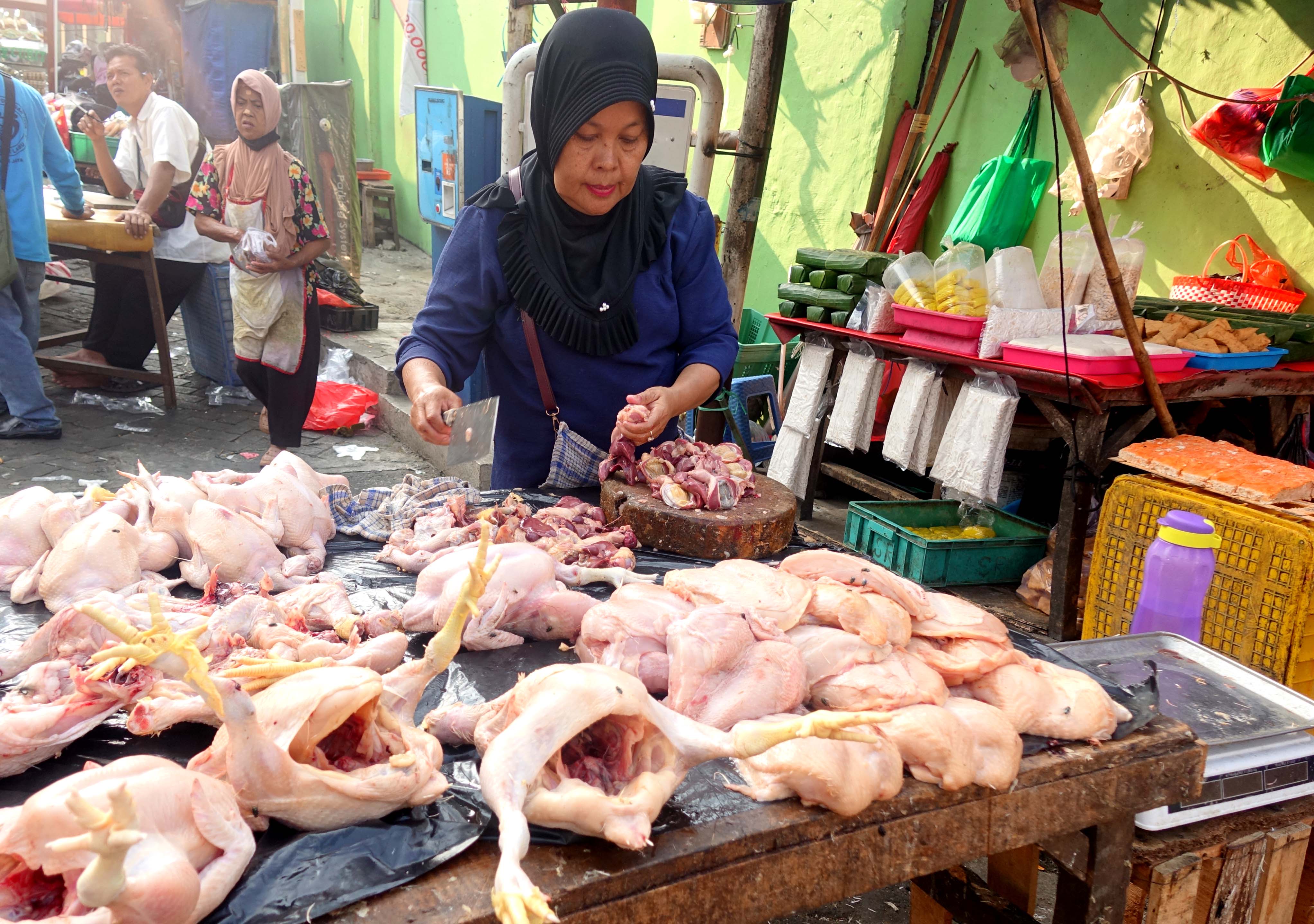Argentina Eyes Indonesia’s Agricultural Sector, But Prabowo Sets Three Strict Conditions
Main Takeaways
|
JAKARTA, investortrust.id — The Indonesian government has welcomed Argentina’s interest in investing in the agriculture sector, citing the industry as a strategic pillar for national economic growth. The statement came following a bilateral meeting between Argentina’s Deputy Minister of Agriculture Agustin Tejeda Rodriguez and Indonesia’s Deputy Minister of Agriculture Sudaryono in Jakarta.
"The government is open to investments from various countries, including Argentina, as long as they meet technical requirements and offer competitive pricing," said Sudaryono in a written statement on Thursday.
President Prabowo Subianto, according to Sudaryono, has outlined three key conditions for any future agricultural cooperation with Argentina.
Competitive Pricing and Logistics
The first condition concerns pricing. Given the significant geographical distance between Argentina and Indonesia, logistics costs become a critical factor. "President Prabowo emphasized that providing affordable meat is part of the government's strategy to improve the nutritional quality of Indonesian people, especially children," Sudaryono said.Indonesia’s priority, he added, is to increase per capita consumption of animal protein by making it more accessible and affordable.

Reciprocal Trade Access
The second condition relates to reciprocal trade, or imbal dagang. If Indonesia opens its market to Argentine meat products, Sudaryono expects Argentina to do the same by granting access to Indonesian agricultural goods.
He proposed the export of surplus tropical fruits such as bananas, mangosteens, and pineapples, as well as chicken meat and processed poultry products. "Since we currently have a surplus in domestic chicken and processed poultry, we have proposed reciprocal trade terms," Sudaryono added.
Halal Certification
The third condition involves halal certification. Beyond health requirements, all imported animal-based products must be halal-certified to ensure they are acceptable to Indonesian consumers, the majority of whom are Muslim.
“Halal certification is a non-negotiable requirement to secure consumer trust and market acceptance,” said Sudaryono, who is also known as Mas Dar.
The meeting reflects growing interest from Argentina to expand its agribusiness footprint in Southeast Asia, while also highlighting Indonesia’s strategic priorities under the Prabowo administration—emphasizing food security, affordability, and religious compliance in food imports.

